Travelling with friends or family is fun until you’re on the way to Maldives for the trip of your lifetime, and someone falls ill or faces a medical emergency!
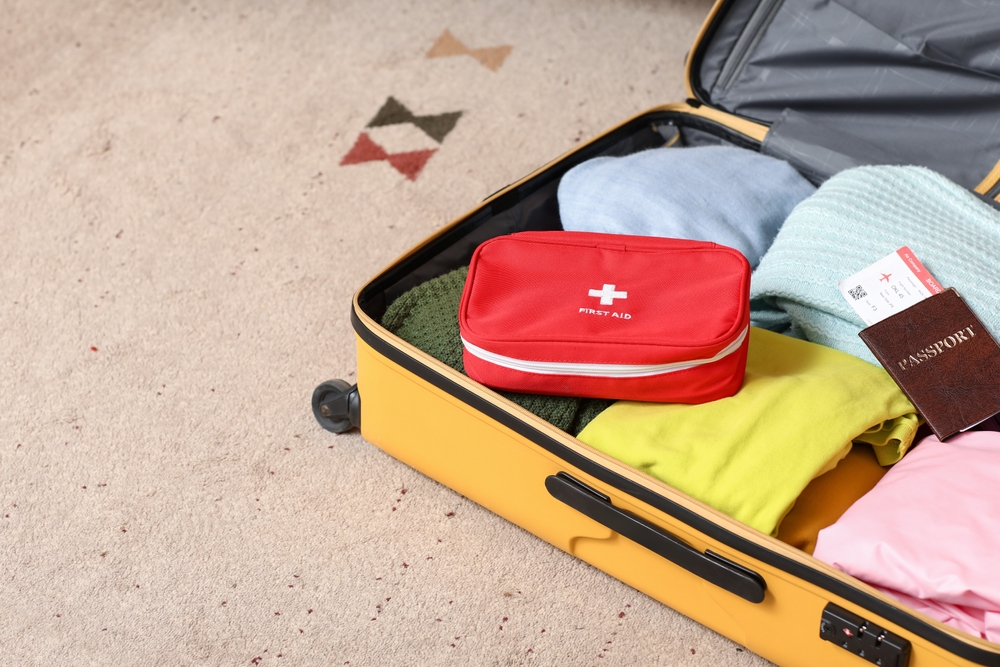 You’re at an idyllic resort in the Maldives with your best friend, excited to kick off a weekend of fun under the sun, when they suddenly tell you they’re feeling under the weather.
You’re at an idyllic resort in the Maldives with your best friend, excited to kick off a weekend of fun under the sun, when they suddenly tell you they’re feeling under the weather.
When someone in your travel group becomes unwell, it’s essential to act quickly to support them while ensuring the rest of the group can manage the situation. Here are some tips and points to take note of when handling sickness while on holiday.
Symptom Check
First, assess whether the illness is minor or requires emergency attention. Common symptoms such as mild fever, headache, or stomach upset can often be resolved with rest, over-the-counter medications like paracetamol, and plenty of fluids.
However, more serious symptoms, such as high fever or chest pain, require immediate medical care. Seek the nearest medical facility or call an ambulance if one isn’t available nearby. It’s always a good idea to have the emergency contact numbers for the country you’re visiting on hand – it’s not always 999 or 911!
One-Stop Pharmacy
Pharmacies are a good first point of contact for minor ailments or medication advice. In many countries, pharmacists can recommend over-the-counter treatments or refer you to local doctors.
What’s Up, Doc?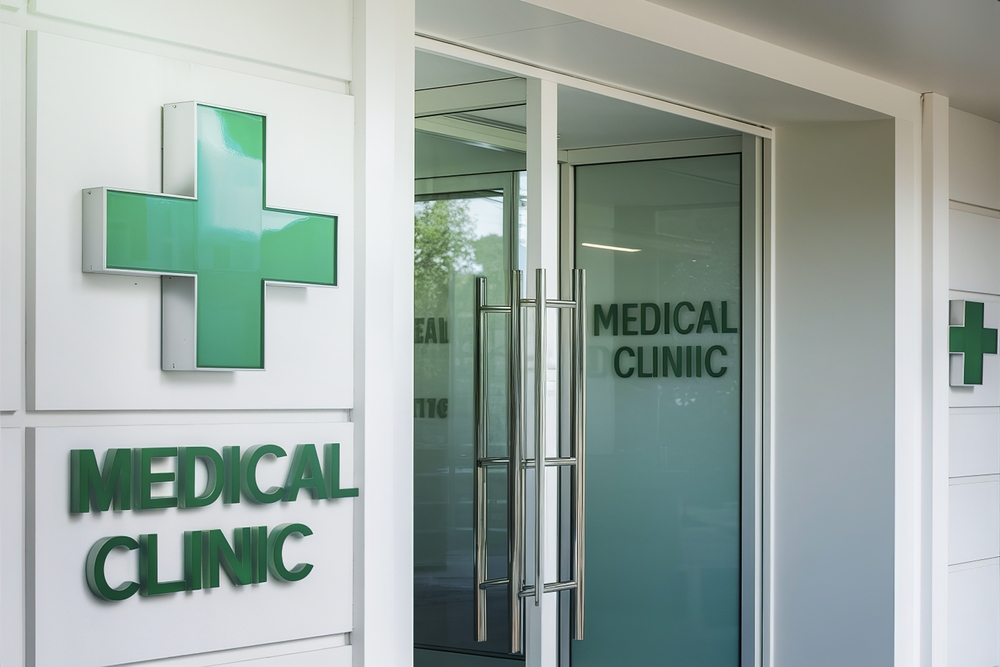
A local clinic is often the best option for timely medical attention if the symptoms are not life-threatening. Check with your hotel concierge or a trusted local source on reputable clinics, and bring necessary documents, such as passports and travel insurance documents, before heading to the clinic. If the ill person cannot communicate or is physically unstable, make sure a trusted companion is with them at all times to help relay information to medical staff and ensure that they can move around safely.
Front Desk, Helpdesk
The hotel reception is an excellent resource for assistance in medical situations. They can help arrange transportation to a medical facility or provide translation support. As a guest, don’t hesitate to ask for help—hotel staff are trained to provide care and support in such situations.
Backup, Backup, Backup!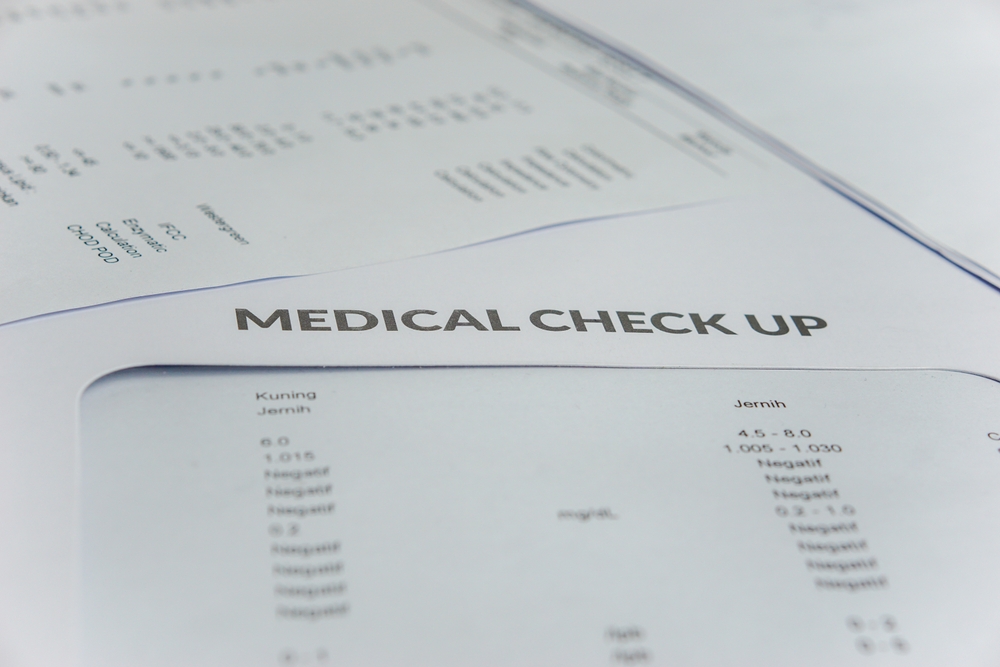
If the illness requires medical consultation or treatment, keep all related documents, including prescriptions, receipts, and medical reports. This paperwork is crucial not only for insurance claims but also for the patient’s doctor back home, who may require this information for follow-up treatment.
All for One
If a group member becomes ill, it can affect the entire itinerary. It’s important to evaluate whether the rest of the group should proceed with planned activities. You may need to cancel or reschedule accommodations or transportation depending on the circumstances. Travel insurance can often help recover costs related to medical cancellations, and some policies also cover trip postponements or cancellations caused by illness.
Prevention Is the Best Cure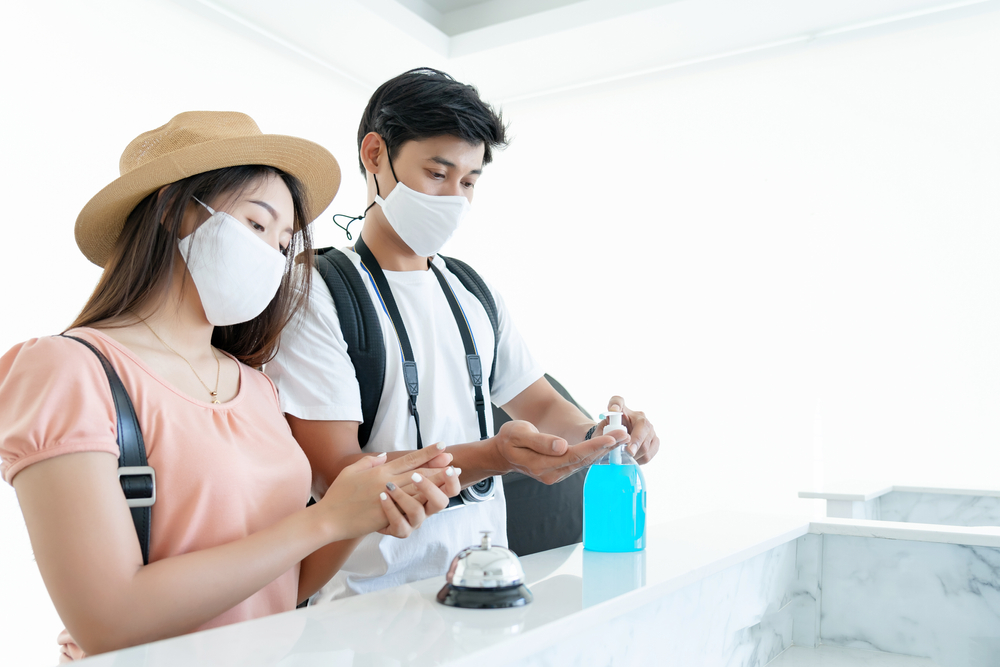
The COVID pandemic taught us the importance of prevention. To protect other group members, encourage good hygiene, promote the usage of masks and hand sanitisers, and, if necessary, temporary isolation for the ill member. Even if everyone feels healthy, remember that symptoms of some diseases may appear later, so it’s best not to share items like utensils or cups.
Consider Medical Evacuation if Necessary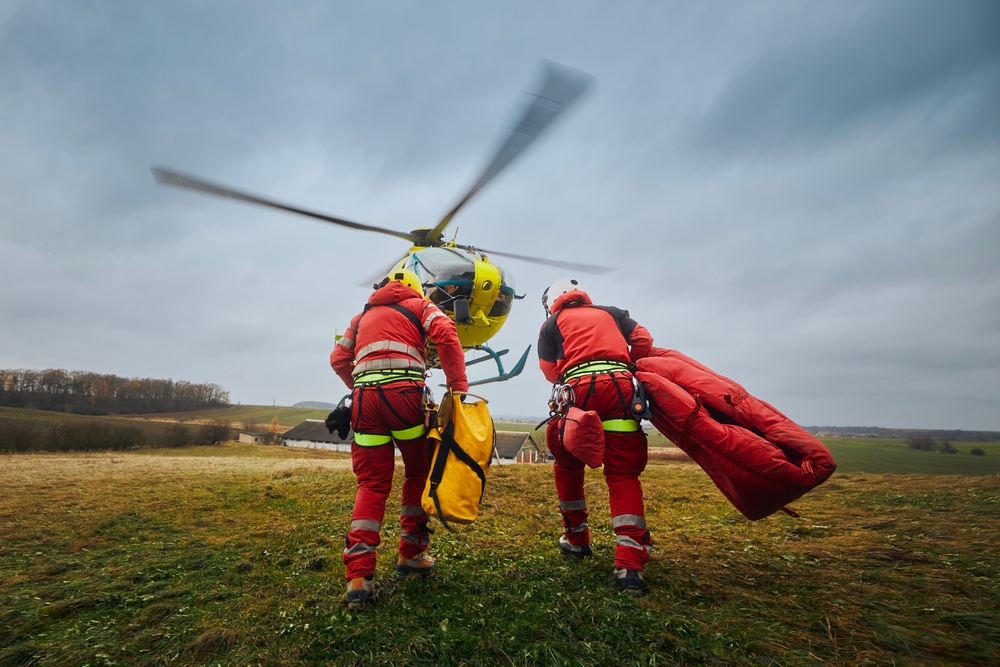
In the worst-case scenario, it may be necessary to consider medical evacuation if symptoms are severe or life-threatening, or if the country you’re in lacks adequate medical facilities. While medical evacuation can be costly, adequate travel insurance can help cover these expenses.
Insure and Be Sure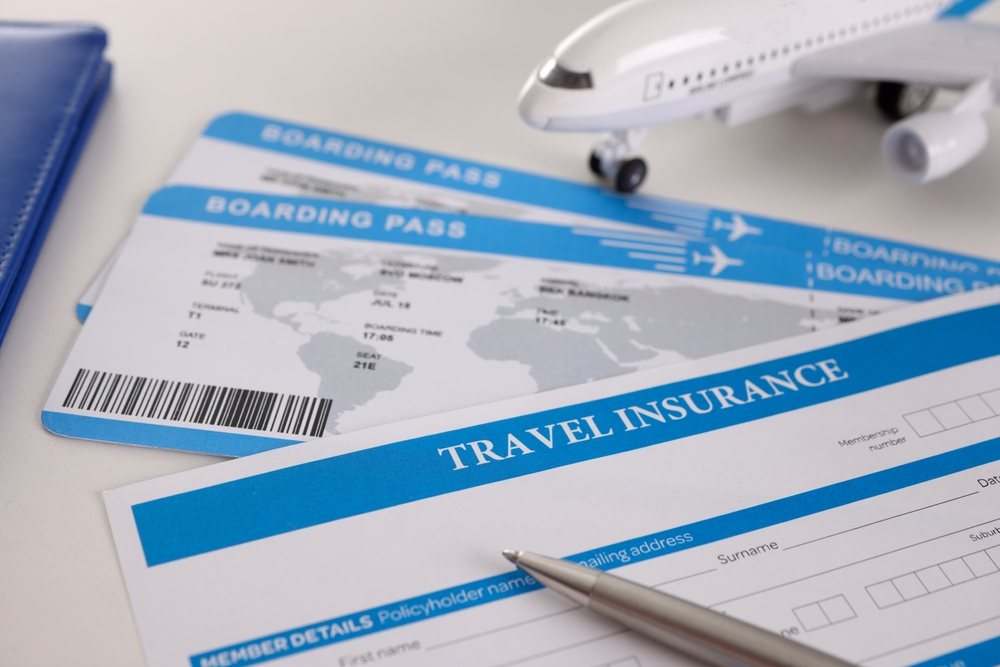
If you’re travelling without travel insurance, you’re playing with fire! Travel insurance is inexpensive but essential for covering significant costs arising from unexpected health issues abroad, such as hospital stays, medications, and doctor consultations. If you have pre-existing conditions, always do your due diligence and ensure it’s covered in the travel insurance policy before purchasing.
In serious cases, it may also include coverage for medical evacuation, which is covered by most travel insurers, and can be extremely expensive if transport to a better-equipped facility or home is needed.
Additionally, travel insurance often provides access to 24/7 emergency hotlines and multilingual support, helping travellers navigate foreign healthcare systems and find suitable treatment quickly in an emergency.
Be Prepared

Travellers can better manage these situations by preparing beforehand. This includes checking health insurance coverage, packing medical essentials, and noting emergency contacts for each destination. Proactive planning can ease the burden and help manage an ill group member’s needs smoothly, allowing the rest of the group to continue their journey with minimal interruption.
Are you planning to travel soon? Ensure peace of mind by insuring yourself and your travel companions with AA Singapore, with pre-existing conditions covered! Till 31 December 2024, we’re running a 25% off Travel Insurance promotion! For more information, contact us at 8870 3196.



